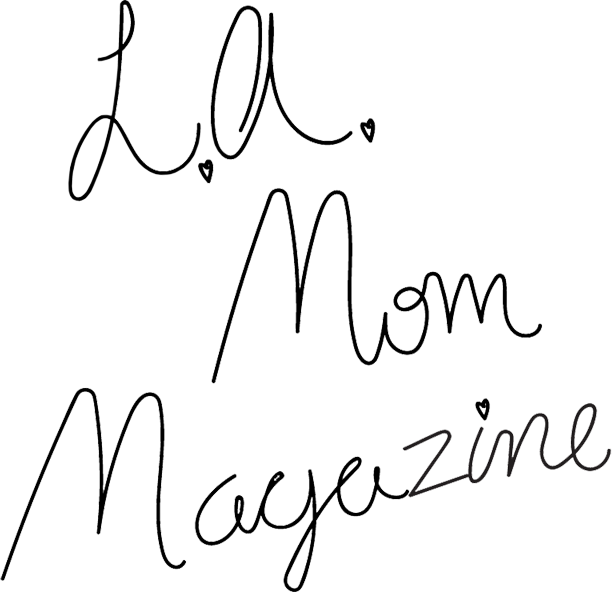By Mia Rue Robins
 “What is the fourth trimester?” This delicate and sacred transitional time between when you give birth, and when you and your baby are stabilized in your new dynamic, is commonly acknowledged in many cultures.
“What is the fourth trimester?” This delicate and sacred transitional time between when you give birth, and when you and your baby are stabilized in your new dynamic, is commonly acknowledged in many cultures.
In Mexico and other Latin cultures it is referred to as “la quarentena,” a period of approximately forty days when the mother and baby stay home, bond, and strengthen on all levels – physical, emotional, psychological, and spiritual. It is a time of renewal and fortification, when generally only family members and close friends have contact with the mother and baby, and the outside world is kept, outside.
When working as a midwife on the border of Ciudad Juarez, Mexico, and El Paso, Texas, I learned of this practice and witnessed the value that this practice held for mother, baby, family, and community. There is a wisdom in their culture that honors the significance and sacredness of the multitude of transitions that birth brings with it, and the practical value in slowing down, and creating a post-womb womb-like environment to further nurture and transition the mother and baby into their environment. The care and nurturing the mother and baby receive while they are kept at home, provide a context for community building which often evolves into the inner circle of family and friends which supports the raising of the child.
Likewise, according to India’s 5000 year old tradition of Ayurveda, the six weeks following childbirth is literally referred to as “a time of confinement,” and are considered sacred.
The benefits of the time-honored postpartum traditions of Ayurveda are scientifically documented and immediately felt: improved sleep cycles for mother and baby; hormonal balance quickly restored; stamina, alertness and awareness improved; better circulation and detoxification; quick and natural weight loss; improved milk production and milk quality; improved digestion for mother and baby; a calming of the nervous systems of both mother and baby; body toning, joint flexibility and smoother, softer skin; increased motor skills and developmental advances for baby; and improved new family bonding. As the director of Mother & Baby Programs at Surya Ayurvedic Spa, I have witnessed the profoundly positive affects of these time-honored traditions.
Imagine the benefits this degree of care, attention, and sanctity could bring to the birth experience. Your precious baby is born, and your pregnancy has completed. Our culture would likely have you believe it’s time to go to the photography studio, send out birth announcements, with your baby dressed in little outfits, and possibly even head back to work. With the recent rise in post-partum depression, autism, food sensitivities, and allergies over the past decade, isn’t it time we start questioning, why this is happening? What if we can make better choices that lead us to better outcomes? What if the answers are as simple as slowing down, eating healthy nourishing food, receiving love and nurturing, resting, and enjoying the process? What if we choose to embrace the fourth trimester?
The wisdom that has endured the test of time, has done so because it continues to provide value for those who make use of it. In my experience, these practices are simple and wholesome, yet profound and sustainable.
In response to the need for this kind of support, Surya Spa, in the Pacific Palisades, provides labor and delivery support by Ayurvedic Doulas.
Mia Rue Robins is a mother of five and Director of the Wholeparenting Program at Surya Spa in the Pacific Palisades, providing Ayurvedic and holistic prenatal and postpartum care, parenting programs, and education. She is a trained midwife and holds a Master’s Degree in Spiritual Psychology. You can find Mia and more information about Surya Spa’s Ayurvedic Wholeparenting and Mother & Baby Programs at: http://www.suryaspa.com.
